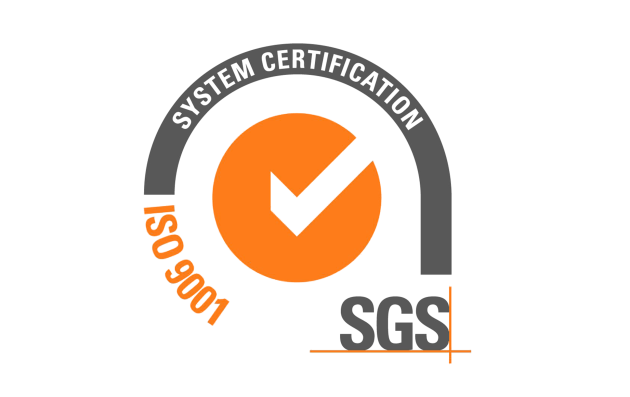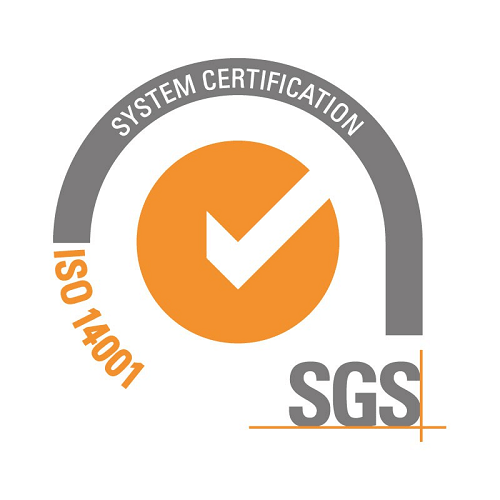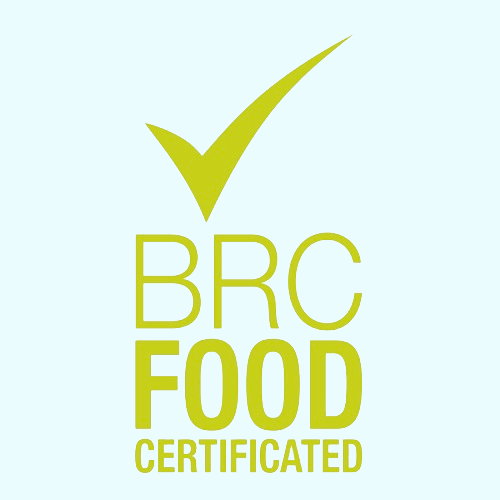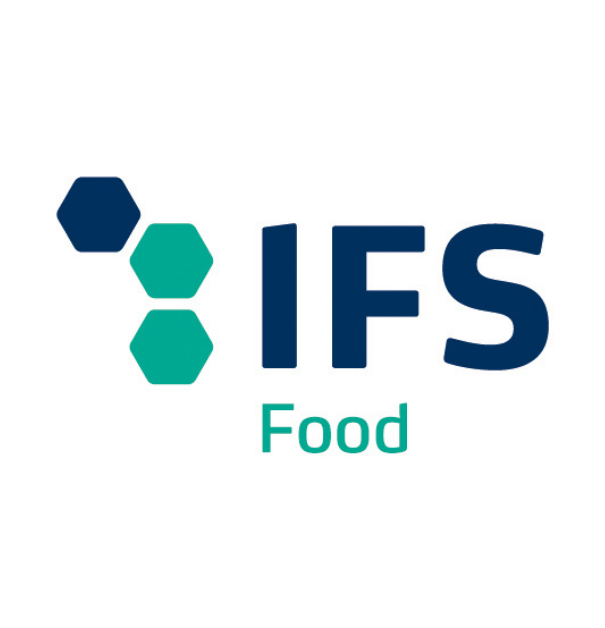granted by SGS ITALIA
This is a voluntary standard. The acronym ISO 9000 identifies a series of regulations and guidelines developed by the International Organization for Standardization (ISO - International Organization for Standardization) defining the requirements necessary for the creation of a corporate quality management system, aimed at carrying out business processes, improving efficiency and effectiveness both in terms of product manufacturing and service delivery, as well as obtaining and increasing customer satisfaction.
Our Certifications
A guarantee for the consumer

Our certifications represent our shared commitment to protect our staff and the environment, to meet customers’ needs, and to implement systematic management as well as a transparent information policy.

ISO 9001:2015 – Quality Management System Certification
ISO 14001:2015 – Environmental Management System Certification
granted by SGS ITALIA
The UNI EN ISO 14001 standard is an international and strictly voluntary tool applicable to every kind of business, specifying the requirements of an Environmental management system. It is issued by an independent accredited body that verifies the solid commitment to minimize the environmental impact caused by processes, production and services, certifying with the ISO 14001 certification the reliability of the Environmental management system implemented.
The UNI EN ISO 14001 standard is an international and strictly voluntary tool applicable to every kind of business, specifying the requirements of an Environmental management system. It is issued by an independent accredited body that verifies the solid commitment to minimize the environmental impact caused by processes, production and services, certifying with the ISO 14001 certification the reliability of the Environmental management system implemented.


BRC
granted by BUREAU VERITAS
The BRC standard was created in 1998 as a result of the collaboration between the leading players operating in the Great Organized Distribution of Great Britain– the “British Retail Consortium” which represents the leading British retailers and the “UKAS”, the leading UK accreditation body – with the objective of sharing their experience on food safety, in order to jointly develop a solid system of inspection to be used on suppliers. BRC is therefore considered one of the most important international product certifications in terms of food safety, which has been accepted by the GFSI – Global Food Safety Initiative – an international association, made up of more than 50 countries around the world, with the aim of strengthening and promoting food safety throughout the entire supply chain.
The BRC standard was created in 1998 as a result of the collaboration between the leading players operating in the Great Organized Distribution of Great Britain– the “British Retail Consortium” which represents the leading British retailers and the “UKAS”, the leading UK accreditation body – with the objective of sharing their experience on food safety, in order to jointly develop a solid system of inspection to be used on suppliers. BRC is therefore considered one of the most important international product certifications in terms of food safety, which has been accepted by the GFSI – Global Food Safety Initiative – an international association, made up of more than 50 countries around the world, with the aim of strengthening and promoting food safety throughout the entire supply chain.
IFS
issued byBUREAU VERITAS
The IFS standard– International Food Standard – is the most commonly known international product standard in Central European countries. It was developed in 2002 by the leading retailers of The Great G German Organized Distribution (the BDH – German Federal Association of Commerce Union), as well as the French one (FCD – Representative Body of French Retailers). Inspired by the model of the British BRC, the goal of the IFS has been to encourage effective selection of suppliers of the GDO ( MD= Mass Distribution) in the “food” sector, based on their capability of supplying safe products and compliant with any contractual specifications and legal requirements. In addition to the BRC standard, the IFS has also been recognized by the GFSI – Global Food Safety Initiative.
The IFS standard– International Food Standard – is the most commonly known international product standard in Central European countries. It was developed in 2002 by the leading retailers of The Great G German Organized Distribution (the BDH – German Federal Association of Commerce Union), as well as the French one (FCD – Representative Body of French Retailers). Inspired by the model of the British BRC, the goal of the IFS has been to encourage effective selection of suppliers of the GDO ( MD= Mass Distribution) in the “food” sector, based on their capability of supplying safe products and compliant with any contractual specifications and legal requirements. In addition to the BRC standard, the IFS has also been recognized by the GFSI – Global Food Safety Initiative.



